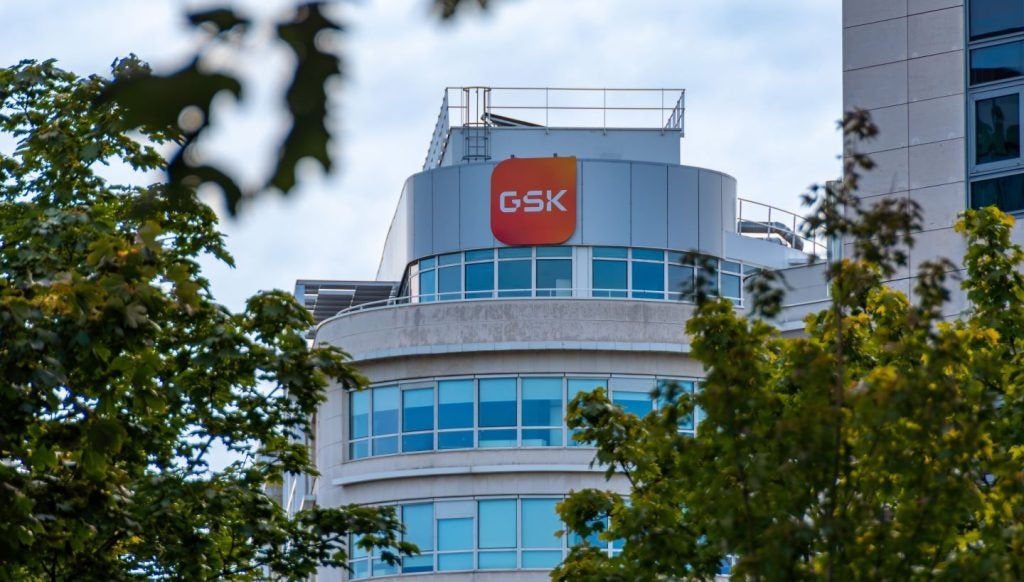
AstraZeneca and Merck have announced overall survival (OS) data from Phase III trial OlympiAD examining Lynparza (olaparib) as a treatment for metastatic breast cancer.
The final OS results were presented at the American Association for Cancer Research (AACR) annual meeting in Chicago, which took place on 14-18 April.
Lynparza is a poly (ADP-ribose) polymerase (PARP) inhibitor used in the maintenance treatment of adult patients with recurrent epithelial ovarian, fallopian tube, or primary peritoneal cancer, who are in complete or partial response to platinum-based chemotherapy.
In the trial, Lynparza was compared with chemotherapy – a physician’s choice of capecitabine, eribulin or vinorelbine – as a treatment for patients with germline BRCA-mutated (gBRCAm) HER2-negative metastatic breast cancer (MBC).
The results included updated findings from the secondary endpoint of overall survival. The average OS was 19.3 months in patients given Lynparza, and 17.1 months for patients treated with chemotherapy. At the final OS data cut-off almost 13% of patients remained on Lynparza, and no patients remained on chemotherapy. An earlier OS reading was not permitted due to the insufficient maturity of trial events.
Results were consistent with the overall analysis, with no statistically-significant difference shown between arms. The greatest difference was seen in patients who had not received chemotherapy in the metastatic setting with a median difference in OS of 7.9 months with Lynparza.
How well do you really know your competitors?
Access the most comprehensive Company Profiles on the market, powered by GlobalData. Save hours of research. Gain competitive edge.

Thank you!
Your download email will arrive shortly
Not ready to buy yet? Download a free sample
We are confident about the unique quality of our Company Profiles. However, we want you to make the most beneficial decision for your business, so we offer a free sample that you can download by submitting the below form
By GlobalDataOlympiAD enrolled 302 patients, who were randomised to receive either Lynparza or chemotherapy; with 205 in the former group and 97 in the latter. Prior to enrolment, 71% of patients had received no more than two previous chemotherapy treatments for metastasised breast cancer and 28% of patients had received prior platinum-based chemotherapy.
As there is currently no cure for MBC; the primary aim of treatments under development is to slow disease progression for as long as possible.
Medical director of the programme Dr Carsten Goessl told Drug Development Technology: “[Lynparza] cannot get rid of chemotherapy but it certainly delays the need to initiate chemotherapy as a further line of treatment. Unfortunately we are not curing the cancer, but we are prolonging the time until the next progression and giving patients more time without chemotherapy.”
Lynparza’s oral form also makes it a more flexible and accessible medication than other treatments currently available.
“Most chemotherapies are IV-administered, but as Lynparza can be taken orally it allows patients to take it at home rather than having to go to an infusion centre.” Goessl said.
Another Phase III trial known as OlympiA is underway, examining Lynparza as an adjuvant treatment for patients with gBRCA HER2-negative breast cancer. Results from this study are expected in 2020.
Goessl said: “The [OlympiA] study is on track. Though success in the metastatic study is not a guarantee of success for the adjuvant study, it certainly builds confidence.”
Lynparza was approved by the US Food and Drug Administration (FDA) in January 2018 as a treatment for gBRCAm metastatic breast cancer, based on data from the OlympiAD trial. It is the only PARP inhibitor approved anywhere in the world for breast cancer.
MBC is the most advanced stage of breast cancer, occurring when cancer cells have spread beyond the initial tumour site to other parts of the body.
Estimates suggest that in 2018 there will be approximately 155,000 women living with MBC in the US, with this number predicted to increase to around 160,000 by 2020.







